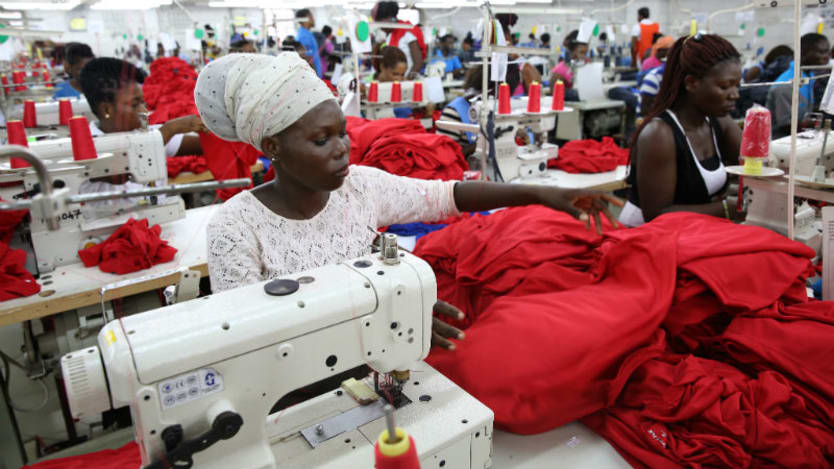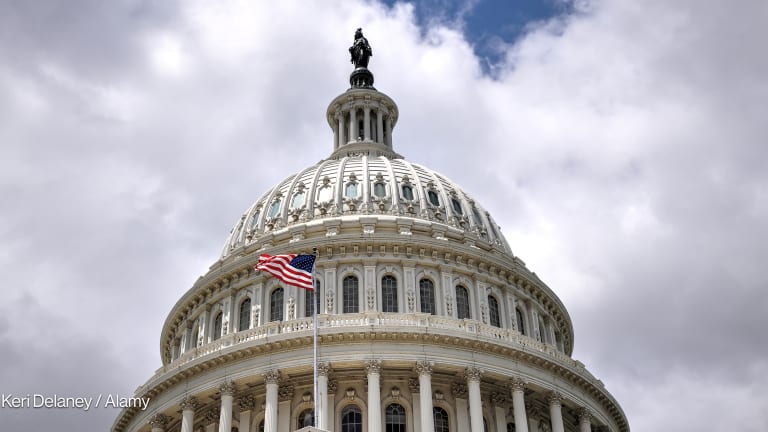
The United States has been a long and consistent partner with many African nations. Together, we have helped save millions of lives, create jobs, and spur economic growth across the continent. I am encouraged by our shared accomplishments, specifically to strengthen health systems and improve food security, but know there is more the U.S. can do, especially with women’s economic development and counterterrorism.
Last month, I traveled to Côte d’Ivoire, Rwanda, and Tunisia with a bipartisan delegation of senators to see first-hand the impact of our existing programs and talk to African leaders about new partnership opportunities.
I joined Ivanka Trump, U.S. Agency for International Development Administrator Mark Green, and Overseas Private Investment Corporation CEO David Bohigian in Côte d’Ivoire to launch the White House-led Women’s Global Development and Prosperity Initiative, or W-GDP.
The initiative, which aims to reach 50 million women by 2025, focuses on three pillars: workforce development and skills training; expanding access to capital; and removing barriers to women’s participation in the economy.
This is truly an interagency effort. OPIC recently committed $1 billion in financing for women across Africa. The Millennium Challenge Corporation requires a Social and Gender Integration Plan in all their programs to help eliminate barriers that prevent women’s participation in the workforce. USAID, through local partner organizations, provides vocational and skills training programs for women in developing countries.
Congress fully supported the Women’s Entrepreneurship and Economic Empowerment Act on a bipartisan basis last year, which I was proud to co-sponsor.
Currently, women account for half of the world’s working age population but contribute only 37% of GDP. Working with the current administration, I am committed to strengthening women’s economic participation and entrepreneurship across the African continent, which will boost prosperity and enhance peace and stability.
To meet that goal, we must extend our assistance beyond the scope of economic considerations. I know very well from my time as chairman of the House Homeland Security Committee that weak governance, lack of economic opportunity, and extreme poverty all contribute to instability, radicalization, and the formation of terrorist hot spots.
Attacks in the Sahel have doubled every year since 2016. That is why the House passed my legislation, the Trans-Sahara Counterterrorism Partnership Act, to better counter terror on the continent and I encourage the Senate to pass this soon.
The U.S. must also change the way we think about stabilization and fragile states. Yesterday, the House passed the Global Fragility Act, offered by Chairman Eliot Engel and I, to better coordinate U.S. assistance in fragile states. I am grateful for the support of the development and humanitarian community, and NGOs like Bono’s ONE Campaign, for their advocacy. Proactive investments in security and development now, along with efforts like the W-GDP initiative, will make the continent safer and more prosperous in the long run.
Finally, African countries must have a clear-eyed approach on how their growth is being achieved and who they are partnering with.
China views Africa as an opportunity for geographic and ideological expansion through its Belt and Road Initiative. If African nations fall for China’s predatory lending practices, they will become stuck in an endless cycle of debt and won’t achieve the burgeoning economy America desires for its people.
Where China brings instability and shady business, the U.S. offers transparency and opportunity. That is why my bill, the Championing American Business Through Diplomacy Act, is so important. It helps ensure the Department of State better supports American companies of all sizes looking to invest in Africa.
Empowering women and ensuring their inclusion through our foreign policy requires a multifaceted approach. It is not only the right thing to do, it is in our interest to do. When women have a seat at the table, peace is more likely. When women are educated, they are more likely to put their children through school. When women are economically empowered and have access to financing, they are more likely to invest in their families and communities.
Congress has historically taken a leading role in promoting the inclusion of women across foreign policy objectives. As ranking member of the Committee, I am excited to continue this effort and work across the aisle, with the administration and the private sector to ensure successful implementation of these critical foreign assistance programs.








